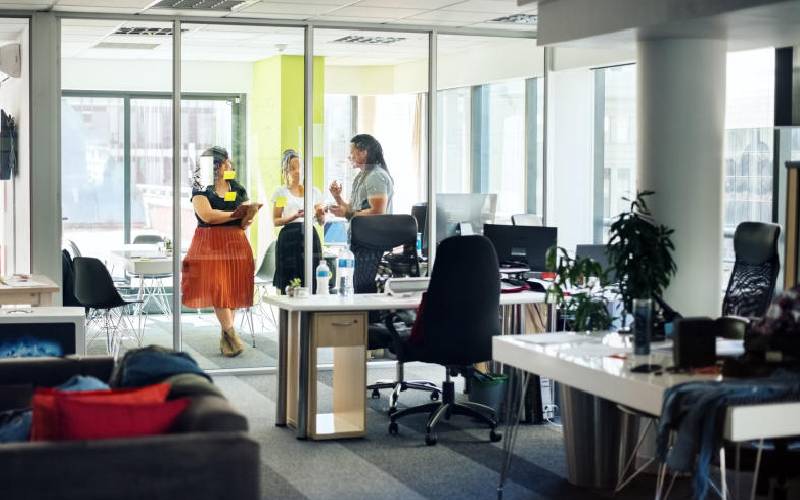×
The Standard e-Paper
Stay Informed, Even Offline

When the US-based management consulting company McKinsey said the Covid-19 pandemic had thrust the world five years into the future, e-commerce promoters told us we were already in the digital age.